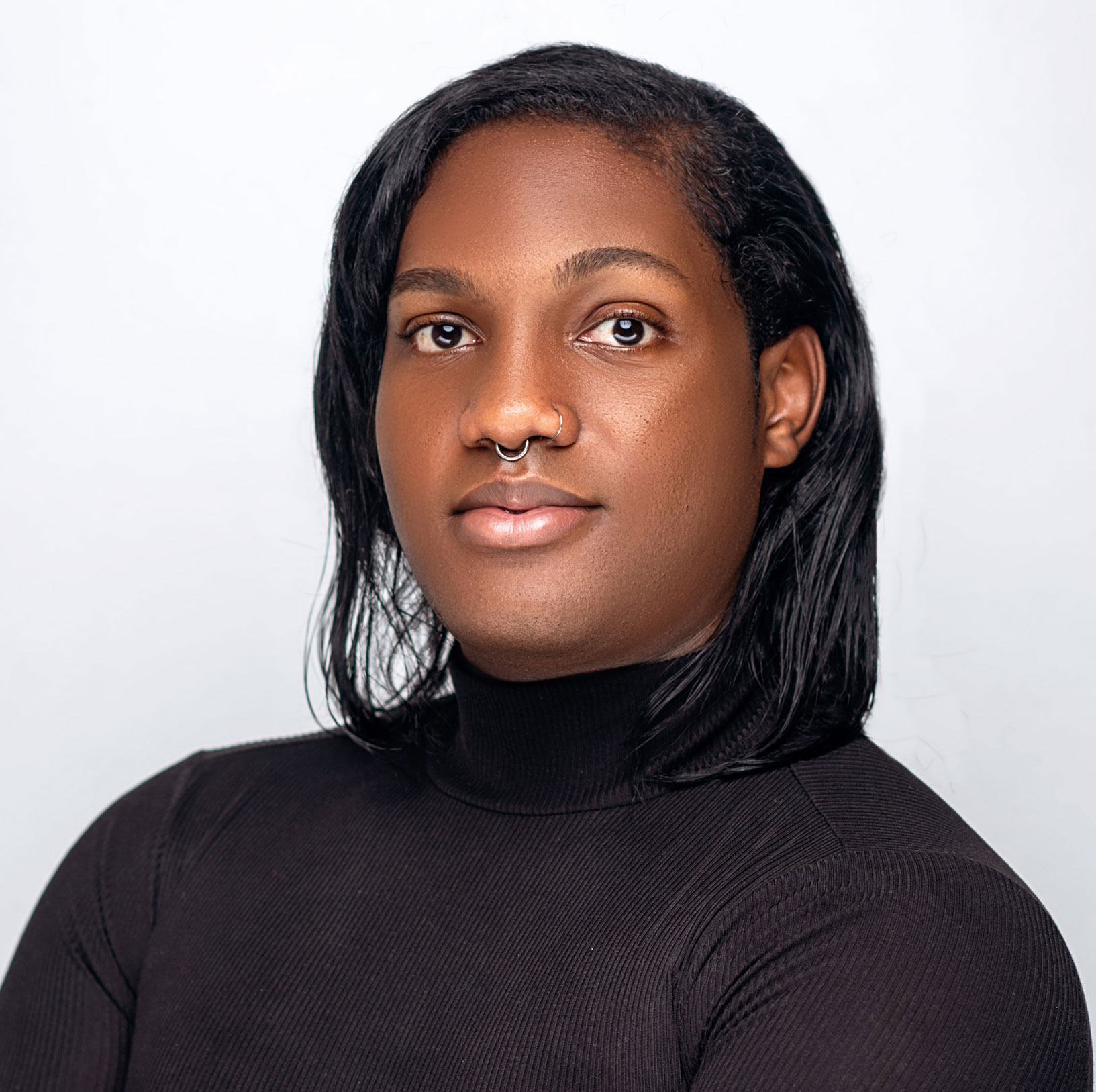
I remember the challenge of experiencing myself authentically in my professional settings: dress a particular way, walk a particular way, talk a particular way, use mannerisms in a particular way. As I grew and learned more about what it means to be authentic – theoretically and, more importantly, operationally – I realized the deficiencies in how I was thinking about what it means to show up authentically in the professional space.
When it comes to appropriate professionalism, many ideologies are rooted in traditionalism. It is only when I learned to unlearn these traditional constructs that I learned the beauty of existing authentically within the professional space. Participating in a space where authenticity is truly valued in its most diverse sense makes an incredible difference.
Unlearning and Relearning Authenticity
Authenticity is defined so broadly and subjectively that it was crucial for me to learn what it meant for me to be authentic. This process entailed researching and connecting with others to learn about other ways of being.
I recall meeting colleagues who were fascinated by my dialect, a language I was taught all my life was inappropriate for professional contexts because of its inferiority to other standard varieties of English.
This was important in reimagining the value of my dialect and how much it meant to my identity. It was not an indication of intellect or status, as the stereotype dictated. It was merely another medium of communication and the purpose of language is to communicate.
Some other important elements of my authenticity that I had to relearn included what was deemed appropriate expression and dress. These were all critical points of unlearning and relearning for me to show up authentically in my professional space.
Supportive Leadership and Spaces
Learning about oneself and how to show up authentically in professional contexts can be challenging or conducive depending on an organization’s culture. Some work cultures operate from a liberal framework and others from a more traditionally inclined structure, which impacts how one navigates authenticity.
However, in my experience, I have found that the framework matters less compared to leadership that is open-minded and welcome to learning about more diverse ways of being. This mindset, even within a traditional organizational culture, provides the space to define what it means to be authentic in the workplace and ultimately toward reshaping organizational cultures and norms.
Challenging the status quo is one of the most difficult actions one can take, especially when there are consequential implications: Will my performance evaluation be affected? Will my perceived work ethic be negatively impacted? Will my competence be questioned? Will my job security be at stake? These are some important considerations that perpetuate decisions about expressing authenticity in the workplace.
Notwithstanding the difficulties, advocating for oneself in the workplace is often pivotal to not only being your best self but also bringing your best work to the table. The right employer will recognize, honor and respect that. Being your authentic self is the best way to be.
Equip yourself with the skills and knowledge needed to create authentic workspaces with the leadership programs at American College of Education.

